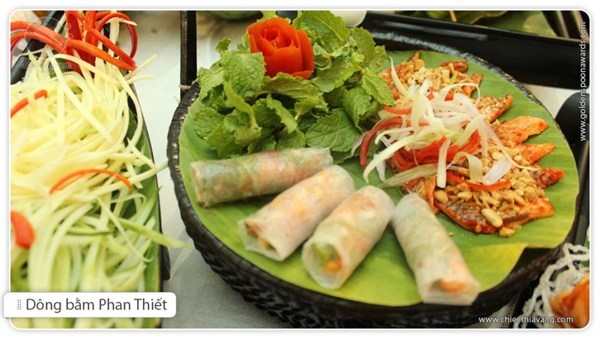
Our heart won’t be healthy if it has to work hard over our lifetime in
order to pump blood against the effects of congestion in our cardiovascular
systems from water retention. People get sick because of high blood pressure,
heart failure, renal failure and pulmonary edema. So one must reduce the amount
of salt in a diet, even by only eating un-rolled dishes while also using drugs
in the case of a severe disease.
Many are more afraid of salt than they are of ghosts, so even those
without health conditions are advised to not eat salty dishes to prevent
cardiovascular disease. The advice sounds right because cardiovascular disease
is still a leading cause of mortality. However, even subtracting this too much
from a diet can cause unexpected consequences.
Stay up late and you will know that the night is long! However more than
a decade is necessary in order to compile the statistical data that proves whether or not sacrificing salt in a diet is healthy.
Nowadays doctors don’t blame everything on salt because research has shown that
even if you avoided eating rolled foods when young, you are still not
completely safe from later developing such health conditions. Blood pressure
can still be high if you eat un-rolled food, leading to an unhealthy heart. And
on the opposite side if one eats too much sweat instead of salt, then there is
the chance of developing diabetes.
Not only that but even in severe cases, if the disease cannot be
improved it doesn’t necessarily correlate to the amount of salt in the blood
stream, but can also be that the doctors are not yet experienced in the
intricacies of the condition. According to the findings of an American study,
if someone suffers from a heart attack the recovery time is reduced if there is
a low salt index within the body.
In contradiction, we must all have a healthy amount of salt while striking a
balance with other minerals so as to protect our health. Salt is necessary to
regulate our neurotransmitters.
Further than that, experienced doctors can also prove that if a person
lacked salt intake while young they might be at risk of developing nervous
system disorders. This is demonstrated with the lowest rate of Alzheimer’s
disease in India, a country where everyone has salty foods throughout their
lifetime and epitomizes the moniker of, “without curry don’t go home.”
Imagine Vietnamese dishes without salt or fish sauce! Nothing would be
delicious or unique, and tourists would no longer flock to our country to eat
our delicious food. Stewed meat will no longer have its indicative flavor if
the sauce is only slightly salted. If the fish sauce served with rolls is
muted, one would be better off simply dipping it in water. If “Bún mắm”- a
fresh noodle soup cooked with fish sauce paste - is cooked without fish sauce
paste then one would be better off ordering vegetarian instead.
Luckily, we can control the salt content without diluting with water. It
can be done through the potassium occurring naturally in vegetables, which
blocks the sodium levels. That is why there must be an eye-catching vegetable
platter with Chinese violets, vegetable hummingbird flower and banana flower
with a hot spot, or salad platter with ginseng, mango leaves, young banana and
star fruit with fresh rice noodles and meat. Thanks to such clever combinations,
we can eat salty foods and still be fine.
Imagine even if we couldn’t store fish in salt, they would rot. As the
Vietnamese usually say, “if you don’t try fish sauce paste or dried fish, it
means you still don’t know yet how great life can be.”
Doctor Hoang Luong Le
( Extracted from articles about medicine in Vietnamese cuisine dedicated
only to the 2014 Golden Spoon contest)